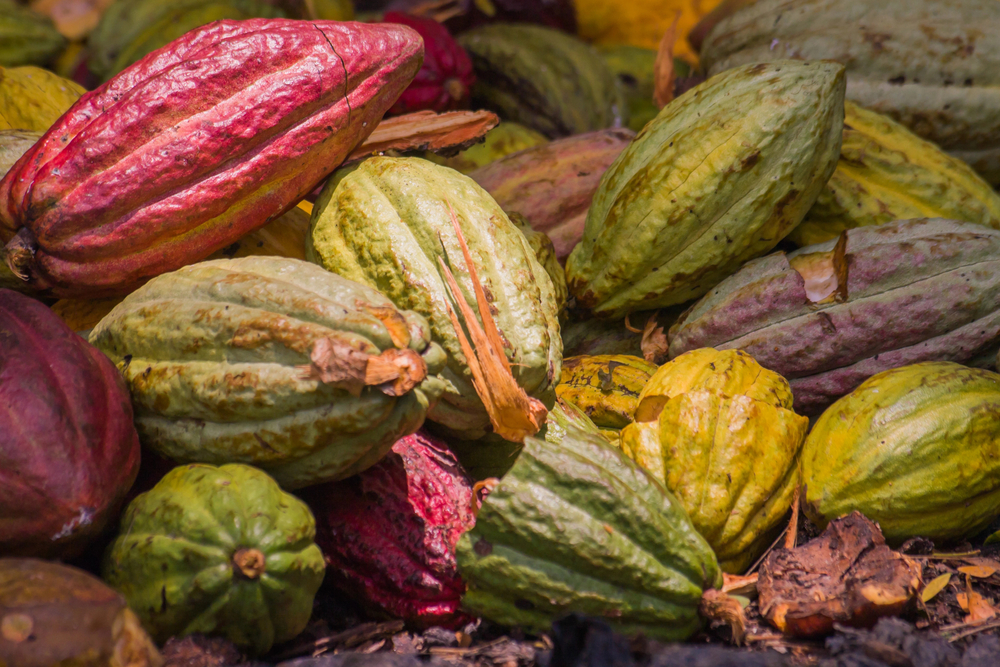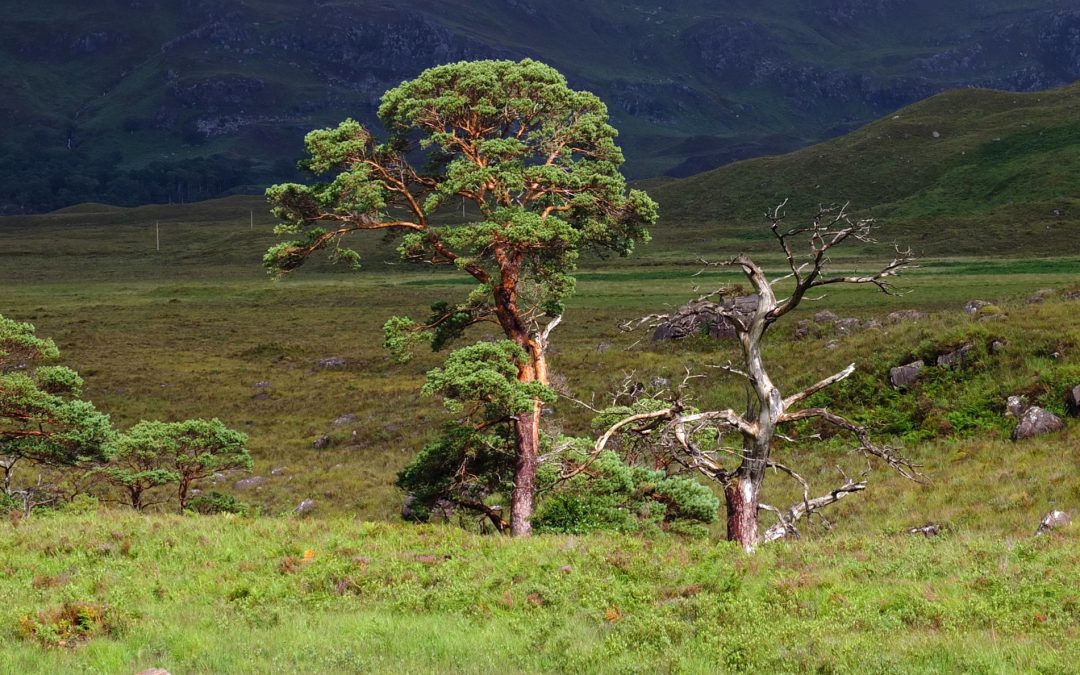
by admin | Jul 17, 2024 | earth and environment
Pressing environmental challenges, such as soil degradation, biodiversity loss, and climate change, can negatively affect agriculture, while also being driven by common agricultural practices. To tackle this predicament and ensure food security while promoting environmental sustainability, innovative agricultural practices are essential. Permaculture, a holistic approach to farming that mimics the stability and resilience of natural ecosystems, offers a promising solution. A recent study conducted by Julius Reiff of the Institute for Environmental Science, RPTU University of Kaiserslautern-Landau, Germany, and colleagues, provides compelling evidence of the benefits of permaculture in enhancing carbon stocks, improving soil quality, and boosting biodiversity.

by admin | Jul 10, 2024 | earth and environment, social and behavioural sciences
We are facing a climate crisis that threatens our entire world and life as we know it. Despite this, scientists have found it difficult to engage people on the issue and inspire effective action. Dr Alan Cottey at the University of East Anglia explores the history of scientists’ climate warnings and suggests a four-register model of communication that he believes has the potential to reach people with varying degrees of scientific literacy and different lifestyles.

by admin | Jun 20, 2024 | earth and environment
With a history as rich as its flavour, chocolate in its various forms has been loved by people for over 5000 years. Currently, however, chocolate is facing a serious threat. The improper disposal of cocoa waste products is spreading devastating diseases through cocoa crops across the world. To address this serious problem, Dr Piergiorgio Gentile from Newcastle University and Dr Joel Girón-Hernández from Northumbria University with their collaborators have been exploring new uses for cocoa waste products, to increase sustainability and prevent the spread of crop diseases.

by admin | May 23, 2024 | earth and environment
Shallow coastal waters are home to a unique and important plant – the seagrasses. Seagrasses, defined as underwater flowering plants, form vast meadows within shallow coastal waters across almost all continents. Seagrass meadows are one of the most significant ecosystems on the planet, and our future depends on them. Seagrass is vital for biodiversity, supports global fisheries, and is indispensable for tackling climate change. Despite the value of seagrass meadows, efforts to conserve them are falling short. Through their research, Riccardo Losciale and his team from James Cook University in Australia aim to identify and overcome the barriers to seagrass conservation.

by admin | Jan 31, 2024 | earth and environment
The Scottish Highlands are known as an area of great natural beauty. One notable aspect of the area’s ecology is the relative lack of trees and woodland. In recent years, there have been concerted efforts to introduce more trees. However, Dr James Fenton argues that this fundamentally misunderstands Scotland’s environmental history, imposes southern ideas on the northern landscape, and risks undermining the unique ecology of the Highlands.

by admin | Oct 11, 2023 | earth and environment, social and behavioural sciences
Humans have driven dramatic environmental changes – most of which have a negative impact on us and other species. Today, we can only understand ecological systems by integrating the impacts of human activities, driven by our social systems. These social-ecological systems are dynamic, consisting of feedback loops and several interacting sub-systems – such as forests and agricultural production. The resilience of these systems is dependent on diversity – be it ecological or social. Beyond a certain point, a sub-system may cross a tipping point that changes the state of the whole system, potentially irreversibly, ushering in a new social-ecological state, which is typically less favourable than the former state. In recent research, an international team of experts has developed an advanced analytical framework to examine the tipping points within the social-ecological multiverse of the Southwestern Amazon.






